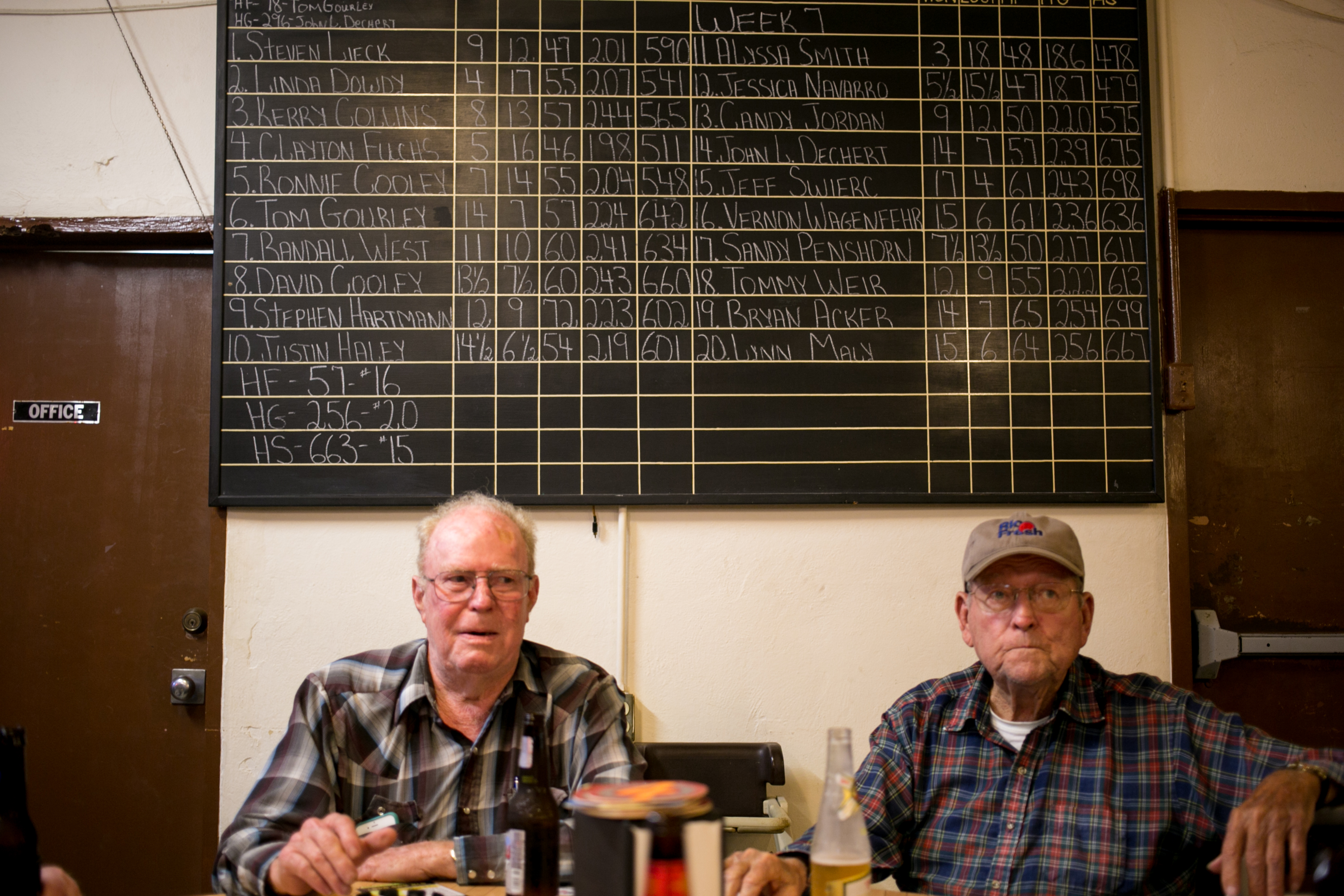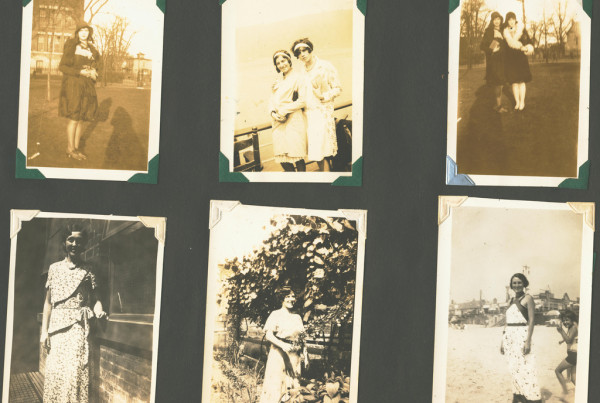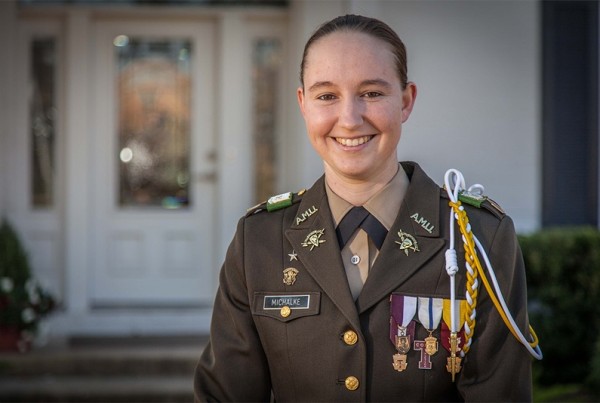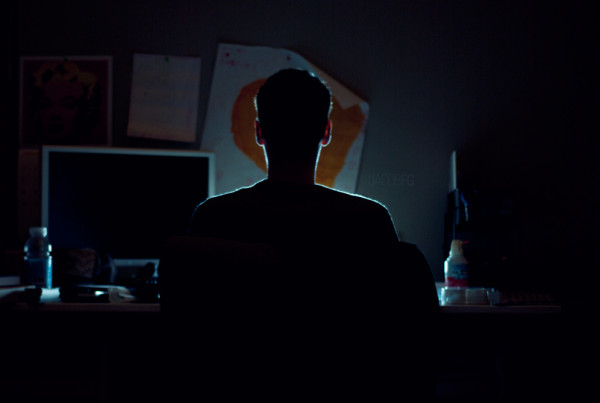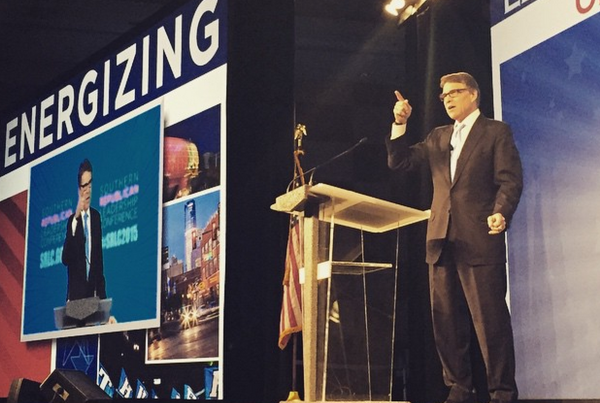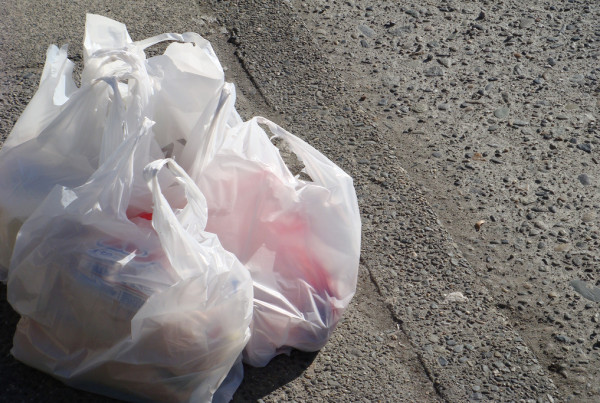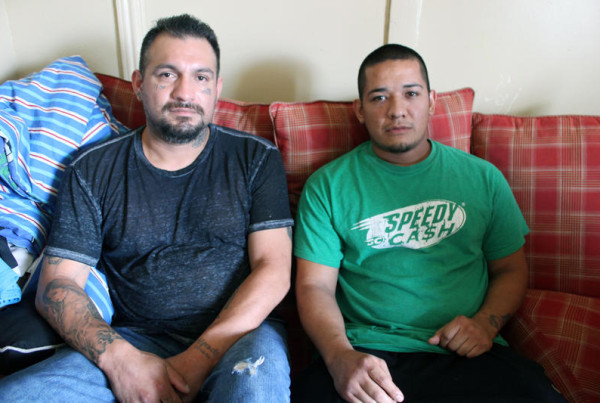This story originally appeared on KUT News. Read the whole Small Town Texas series here.
It’s the type of Texas town whose locals are big on hospitality.
“They’ll hug ya,” says Libbey Aly, director of the Blanco Chamber of Commerce. She says she loves how friendly people are here. “Our people are our most beautiful asset. I have to say.”
But some of the growth and change the locals are seeing in Blanco is testing their hospitality.
Aly’s office has a view looking out at the Old Blanco County Courthouse, a Texas historic landmark where the Coen brothers shot scenes for their remake of the film “True Grit.”
In the area surrounding the courthouse you’ll find a small pharmacy, an antiques store, a post office — no chain stores here. Not yet.
“We don’t want to look like every other place that you drive past on the freeway. But we know growth is coming. It’s inevitable,” Aly says.
Really, growth is already here.
Jessica Snodgrass moved from Delaware to Texas less than two years ago, and she is brand new to Blanco. She and her family just relocated here a week and a half ago for her husband’s job in the oil industry. Blanco seemed like a convenient location.
“We live two miles away from where he works,” Snodgrass says.
But finding affordable housing in Blanco was really frustrating.
“Not just affordable housing — any housing. There’s absolutely nothing here,” she says.
Everything available looked old and worn to her, until they found a new apartment complex called Chandler Place.
“We saw mothers walking their babies and people out and it was like OK, here’s a little pocket of family happiness,” she says.
Chandler Place is low-income housing. Snodgrass says if she has to get a job, they’d probably make too much money to qualify for their current apartment, so they’d have to house-hunt again.
Since 2010, Blanco’s population has boomed by nearly 20 percent – from 1,500 to almost 1,800.
Because of the rapid influx of people from other Texas cities, the town’s having to make some changes pretty quickly too, says Blanco’s new mayor Bruce Peele.
“The biggest challenges [we have] are Austin coming in from the east, and San Antonio coming up from the south, and how to deal with that,” he says.
And once the newcomers start coming in, it’s not long before the big-city businesses follow.
Back at the courthouse square, there’s a new coffee shop, The Bean and Biscuit.
“Is a latte coffee?” a customer asks the barista, Heath Griffith.
“Yeah,” Griffith says. “It’s espresso…the 12-ounce is one espresso shot and steamed milk.”
“In coffee? Yeah, OK.”
The Bean and Biscuit is owned by Jennifer Kuhnel and her husband, who moved here from San Antonio to raise their family.
“We wanted to move before kids got into school. And be in a place and stay in that area,” says Kuhnel.
They both still commute to San Antonio part of the week for their computer programming jobs.
“But we’re trying to see, ‘Hey, could you make a living in a small community, a decent living to support, you know, your life?’” Kuhnel says.
Even old-time businesses in Blanco are growing. The Real Ale brewery, which celebrates 20 years in Blanco next year, has recently added a new tap room. It’s hired one new employee a year for the last five years — they’re up to 50 now. This part of the hill country has lots of wineries and distilleries, and people expect more to open in Blanco.
While all this growth is happening, it makes some people a little uneasy.
Just a few steps from the courthouse square is the Blanco Bowling Café
It looks like an old-school diner with a cash register by the door.
Behind the café is the bowling alley, built in the late 1940s.
Tommy Weir, who was until recently the Blanco Bowling Club president, wants to make sure this place survives as competition moves in.
“Now we’ve got six on the square, counting us. Even though the town’s growing, our market share’s getting split,” he says.
A lot of the people who eat at the café are retired ranchers. They’re not looking for gluten-free brownies and lattes.
They come for the chicken fried steak and lemon meringue pie.
“We’ve got people that eat here three meals a day,” says Weir. “They’re very loyal. And I wanna try to accommodate them as well as we can.”
But locals like Chuck Homan know that big businesses will want to move in here soon. Homan, a retired mail carrier, was Blanco’s mayor until last week.
“Eventually, something is gonna boom here,” he says.
The town depends on property and sales taxes, and Homan points out that the costs of paying for a police department and emergency services aren’t cheap.
“If an HEB, Walmart, one of those, even a Tractor Supply [Company], something like that moved in, our budget problems are over,” Homan says.
Aly says the town needs to make some decisions soon.
“We need to decide what we want, and who we want to be, so that we can get in front of those things. So that we’re ready when the big guy comes in and says, ‘We wanna do this,’ we can say…‘Well, maybe not.’”
For now, though, some things are just as they’ve always been. At 7 p.m., you’ll find Billie Pilon blowing a whistle from behind the bar at the bowling alley.
That’s when bowlers start their game of old German-style nine-pin bowling. Regulars sit with a bottle of beer and a cigarette — smoking’s still allowed in here. For now.


